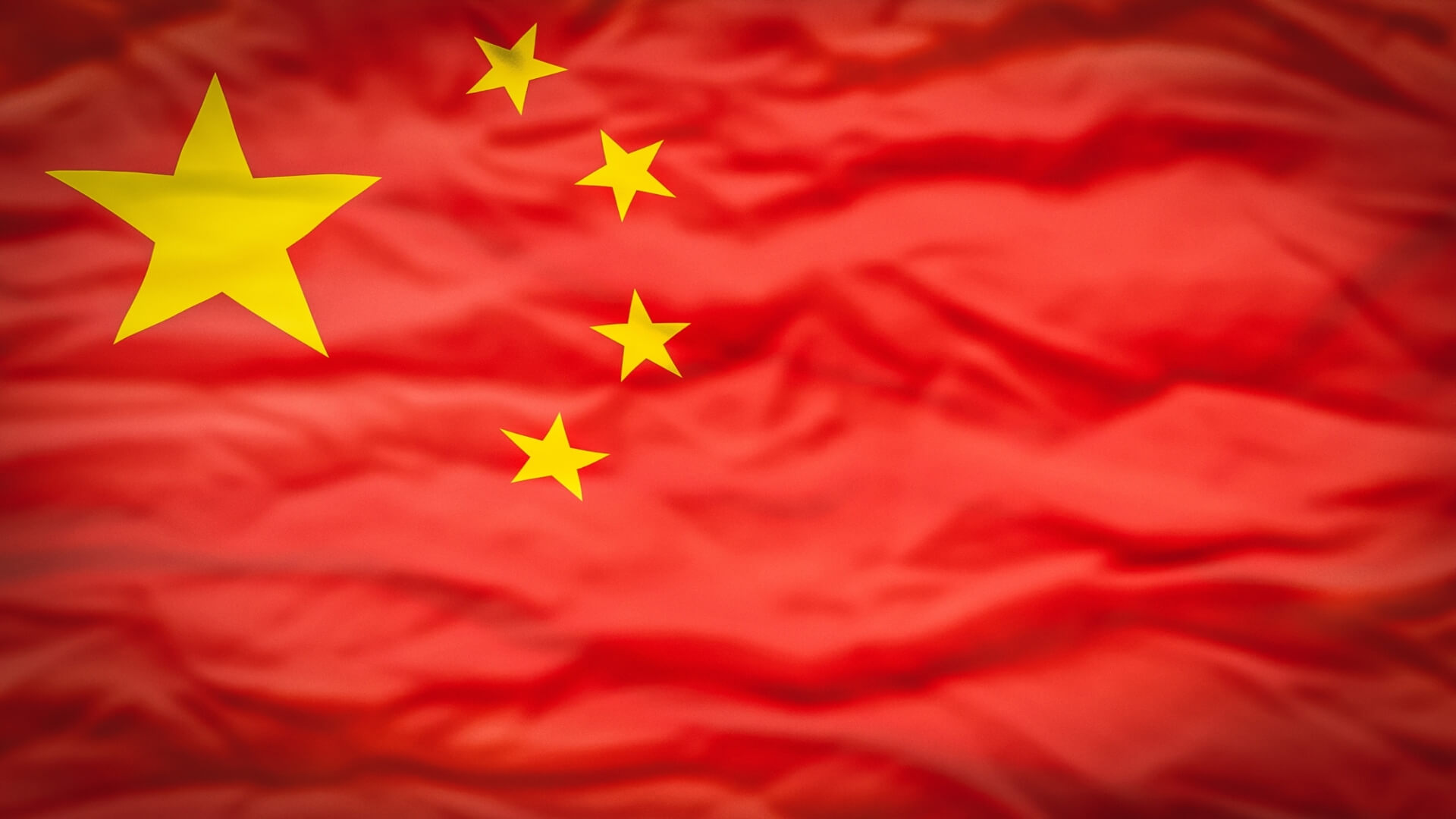The United States finds itself managing US-China relations for economics and national security as it has an ever-increasing strained relationship. President Joe Biden issued an Executive Order on August 9. 2023, restricting specific US investments in Chinese enterprises operating in sensitive technological domains such as computer chips. The Executive Order also stipulates that it is necessary to notify the government when making such investments. According to officials, the overarching objective is to impede the flow of American capital and expertise towards the development of technologies that could potentially bolster China’s military advancements, posing a risk to US national security.
The US has already imposed restrictions on certain technology exports to China, such as via the CHIPS and Science Act in October 2022, which aims to impede the country’s access to sophisticated chipmaking tools. Such actions have prompted retaliation from China, including the recent export restriction of critical metals like gallium, which are vital to the Pentagon’s supply chain. New restrictions from the Executive Order may contribute to the escalating conflict between US-China relations (the world’s two largest economies).
The Chinese tech sector has experienced a significant reduction in US investment due to escalating geopolitical tensions, for example, over the past two years, US investors have notably scaled back their involvement, leading to a broader impact on investment sentiment beyond the industries directly affected. Last year, direct US investment in China dropped to a 20-year low of US $8.2 billion, with US venture capital investment reaching a 10-year low of US $1.3 billion, as reported in the Wall Street Journal, indicating the substantial decline in investment activity. Here is an opinion piece we found of interest relating to why the US-China relationship needs to be carefully managed.
The China-US relationship needs to be managed
In an opinion piece “The China-US relationship needs to be managed” for Financial Times, the Editorial Board makes the argument that while the White House recently imposed stringent export controls targeting China’s advanced semiconductor industry further decoupling is necessary. Washington is determined to restrain Beijing’s ambitions to surpass it as the world’s leading military and economic power. The authors suggest Washington needs to manage relations with Beijing with care guided by three principles: decoupling should not crash the global economy; war must be avoided; and that China’s cooperation is still needed on a range of global issues. US and China relations have deteriorated due to Beijing’s nationalist and authoritarian turn under Xi over the past decade, its human rights abuses in Xinjiang, and its increasingly vocal calls for “reunification” with the self-governing island of Taiwan.
The authors believe that China could begin by restoring judicial co-operation on issues such as extradition, and on drug enforcement, as well as bilateral climate change talks, which Beijing suspended after Pelosi’s visit to Taiwan. In addition, they feel resuming military-to-military communications is also essential to mutual confidence and security. According to the authors, they suggest Washington combine its efforts to slow Beijing’s acquisition of leading-edge military technologies with co-operation in areas of mutual concern. These extend not just to the green transition, but also nuclear proliferation, pandemic prevention, and debt restructuring for emerging markets. Read the full article on Financial Times.
Disclosure: Fatty Fish is a research and advisory firm that engages or has engaged in research, analysis, and advisory services with many technology companies, including those mentioned in this article. The author does not hold any equity positions with any company mentioned in this article.
The Fatty Fish Editorial Team includes a diverse group of industry analysts, researchers, and advisors who spend most of their days diving into the most important topics impacting the future of the technology sector. Our team focuses on the potential impact of tech-related IP policy, legislation, regulation, and litigation, along with critical global and geostrategic trends — and delivers content that makes it easier for journalists, lobbyists, and policy makers to understand these issues.
- The Fatty Fish Editorial Teamhttps://fattyfish.org/author/fattyfish_editorial/January 19, 2024
- The Fatty Fish Editorial Teamhttps://fattyfish.org/author/fattyfish_editorial/January 3, 2024
- The Fatty Fish Editorial Teamhttps://fattyfish.org/author/fattyfish_editorial/January 3, 2024
- The Fatty Fish Editorial Teamhttps://fattyfish.org/author/fattyfish_editorial/December 31, 2023










